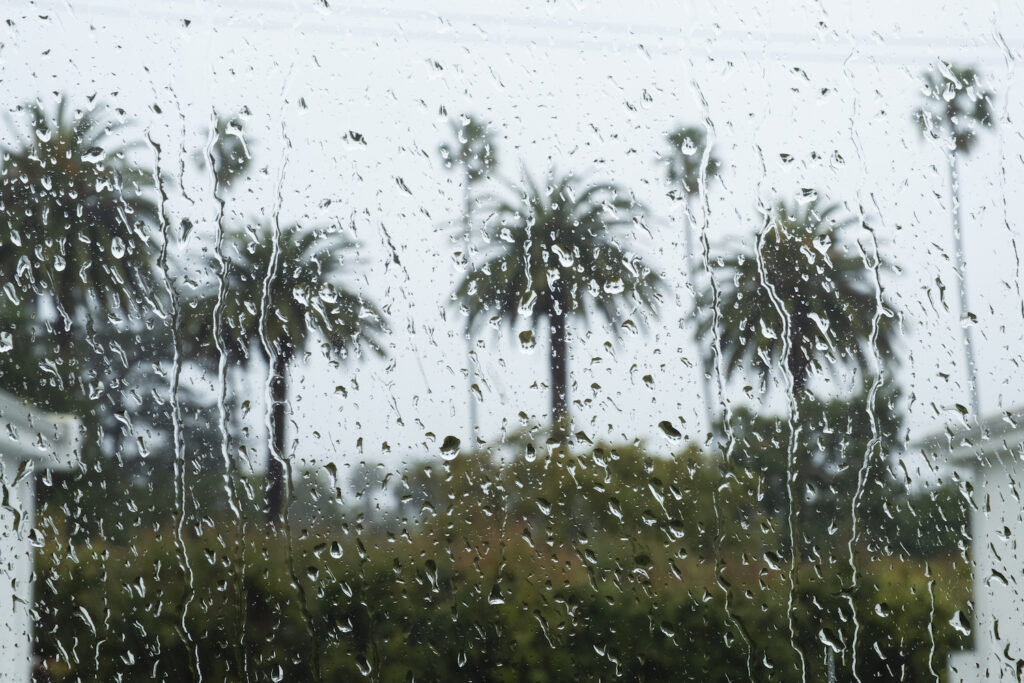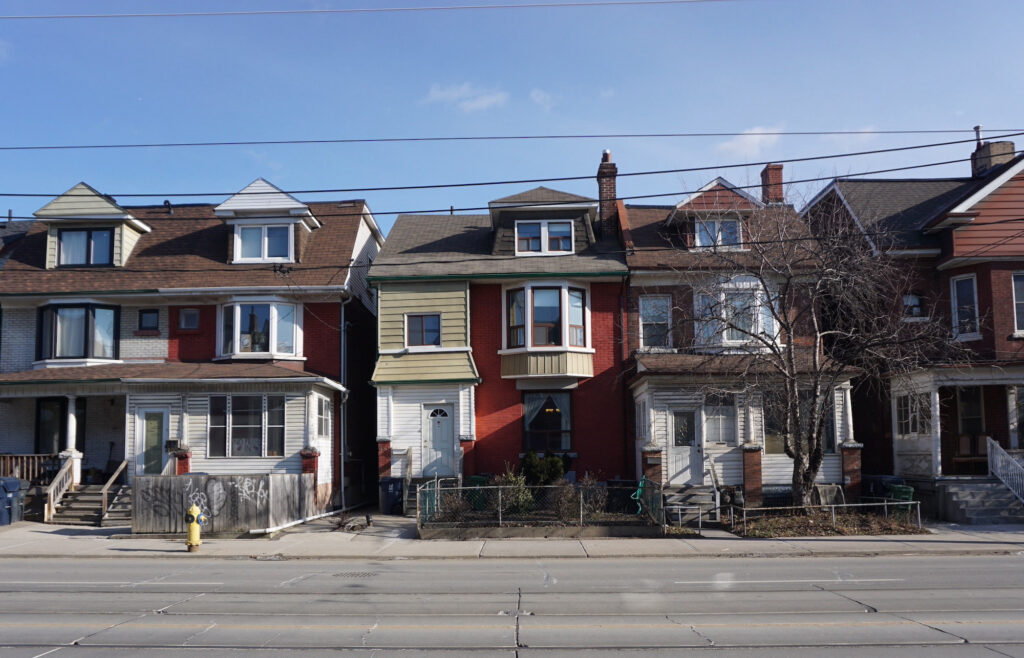One phenomenon left exposed by the retreating tide of available energy is the number of commentators with climate hammers to whom everything looks like a heating nail. It’s not just that a reckless rush to “alternative energy” cannot have caused rising prices and dwindling supplies. It’s that climate change causes everything bad from California’s housing crisis to the extinction of a dead bird to inflation. Even when it clearly didn’t, as with that beautiful but alas long-vanished bird, unless today’s climate change can cause a bird to disappear in 1944.
A recent story in the Daily Telegraph that was reprinted in Canadian papers started “A woodpecker so beautiful it was given the name ‘Lord God Bird’ was officially declared extinct by the US wildlife service on Wednesday, as scientists warned climate change was accelerating the loss of many rare birds. The ivory-billed woodpecker was one of nearly two dozen species of animals and plants on the US Fish and Wildlife Services’ new extinction list, the latest casualties of the warming of the planet and habitat destruction.”
What a tragedy. What a wakeup call. So when did this spectacular creature get the business from “climate change” and “the warming of the planet”? Uh that’d be 1944 in the United States, while “the last universally accepted sighting of a Cuban ivory-billed woodpecker was in 1987.” So when exactly did climate change kick in again? Or do its amazing capacities extend as far as time travel?
Meanwhile NBC warns that “California faces ‘existential’ dilemma in tackling climate change, housing crisis/ Trying to figure out how to house 40 million residents while protecting natural resources and dealing with climate change-fueled wildfires and drought.”
As for inflation, we hear from various publications “If you’ve experienced sticker shock at the grocery store in the last six months, you’re not alone. According to a new report from Dalhousie University’s Agri-Food Analytics Lab (AAL), Canadians are feeling the squeeze as prices for staples such as dairy, meat and groceries rise. The food inflation rate is nearly five per cent, according to the AAL. In their survey of 10,005 Canadians during summer 2021, the researchers found that more than two in five have changed their behaviour in an effort to save money on food.” Yikes. COVID? The energy crisis? Heck no.
The focus of the story was “Shrinkflation — getting less of a product but paying the same amount — is a stealthy method employed by food manufacturers to offset increasing input costs without upping prices.” But where a quarter century ago it might have been a story about perfidious capitalism, you know what’s getting blamed today. “Drought in Canada, the United States and Russia; floods in Europe; fire and frost in Brazil, delivering ‘a devastating one-two punch fuelled by climate change,’ as Bloomberg reported, have disrupted global commodity markets. Shrinkflation is a knock-on effect of such disruptions. “Manufacturers are hedging against Mother Nature,” says [senior AAL director professor Sylvain] Charlebois.”
It’s tempting to laugh at the flood of such stories including “Climate Change Poses a Widening Threat to National Security” and “These 5 foods could soon go extinct due to climate change” starting with coffee, then chocolate, bananas, avocadoes and wine but not of course Brussel sprouts, and “THE BIG QUESTION: CAN WE SAVE FRESHWATER FISH?/ In today’s newsletter, it’s climate change vs. trout”; and NBC doubling down on the woodpecker with “What Covid and the ivory-billed woodpecker being declared extinct have in common”. Or to cite the Babylon Bee headline “Pharaoh Blames Plague Of Locusts, Water Turning To Blood On Climate Change”. But of course this blind spot about the real causes and nature of problems is not innocent.
Suppose, for instance, that a journalist stumbles over a real environmental issue, like habitat loss wiping out a gorgeous woodpecker. Or the threat to narwhals from man-made ocean noise that interferes with their long-range communication and possibly their echolocation. Well, they revert mechanically to climate alarmism: “But for all its powers, the narwhal is vulnerable – to climate change, yes, but also to a related problem: as the Arctic melts and resources there such as oil, iron, gold and uranium become more accessible, large ships are increasingly rumbling in.” Does it matter that the Arctic was navigable in the 1940s and the 1900s? No, of course not. But if you misdiagnose the problem, you are very unlikely to make a useful prescription. Like diverting some of the trillions now being claimed for decarbonization to preventing habitat loss, for instance.
The reflexive quality of this thought ought to be disquieting to those experiencing it because of its impact on their own brains as well. For instance, a long and in some ways inspiring Washington Post story about the efforts of what are apparently now called “aquarists” to preserve Florida corals from a plague of “stony coral tissue loss” in universities, aquariums and zoos included a very this revealing phrase: “No one knows what causes the water-borne disease or what sparked its initial outbreak. Climate change, however, has made such events increasingly common.” Well, if you don’t know what causes it how can you know what’s causing it to become more common? Simple. Global warming causes everything bad. Including freezing French bees.
No, really. According to The Guardian “French beekeepers expect their worst harvest in decades as unseasonably cold and wet weather due to climate change has prevented bees from producing honey.” Got that? Cold and wet warming. According to the Guardian, the president of the French beekeepers’ association UNAF, Christian “Pons said beekeepers across Europe have been hit by bad weather and climate change will have a lasting impact on honey production. UNAF said 2021 will be a disastrous year for honey as, with the exception of a few rare areas in France, conditions have been very difficult for bees in spring and summer, with long periods of frost, cold, rain and northerly winds.”
How does that outcome equate to warming, you ask? Yet the Guardian plods on that “‘Climate change, which beekeepers have felt for more than 15 years, is really hitting us,’ UNAF said, adding that flowering seasons are becoming earlier and shorter.” Wait. Shouldn’t warming make the flowering season longer and the frosts end sooner? No. “Due to late frost and rains, there will be virtually no acacia honey this year, for the second year in a row, while rosemary, thyme and heather honey production, as well as chestnut and sunflower honey harvests, have been poor to virtually zero. Forest, mountain and pine honey harvests have also been disappointing as the flowering season was too short and only lavender honey in the Mediterranean south-east of the country produced a good harvest, UNAF said.
Whatever can it be? Well, what else? According to Pons, “Little by little, climate change is hurting our business. At this rate, there will be less and less French honey.” So just imagine what would happen if warming instead of cooling was causing longer flowering seasons with less frost? The beepocalypose, no doubt.
“Climate change ate my brain”. Now there’s a headline.



Hello dear doctor Robson,
Can't the new alarmism about biodiversity collapse be linked with the influence of Paul Ehrlich, whom I read was "inspiring" the IPBES ? Hope he soon writes something as hilarious as his P.bomb , a MUST -read again ! The B.bomb maybe ?
Thank you so much again for all your videos and newsletters ...
Thinking about California wondering how to fix the existential threat of climate change on the wildfires and not focusing on forest and vegetation management , makes me imagine someone watching a fire burn in their living room with an extinguisher in their hand and not using it, wondering how he can fix the climate change problem that is burning his house down.
Cold & wet in France? As a watcher of the weather forecasts all summer it appears to me to have been hot & dry in France all the time. It's possible that the cold winter & spring is to blame perhaps for poor flowering of plants. I suppose the appearance of a normal cold winter like we used to get in the period of global cooling in the 1960s will be blamed on global warming! When things are normal they blame climate change. Hey, my horse just lost the 2.30 at Aintree, it's climate change!